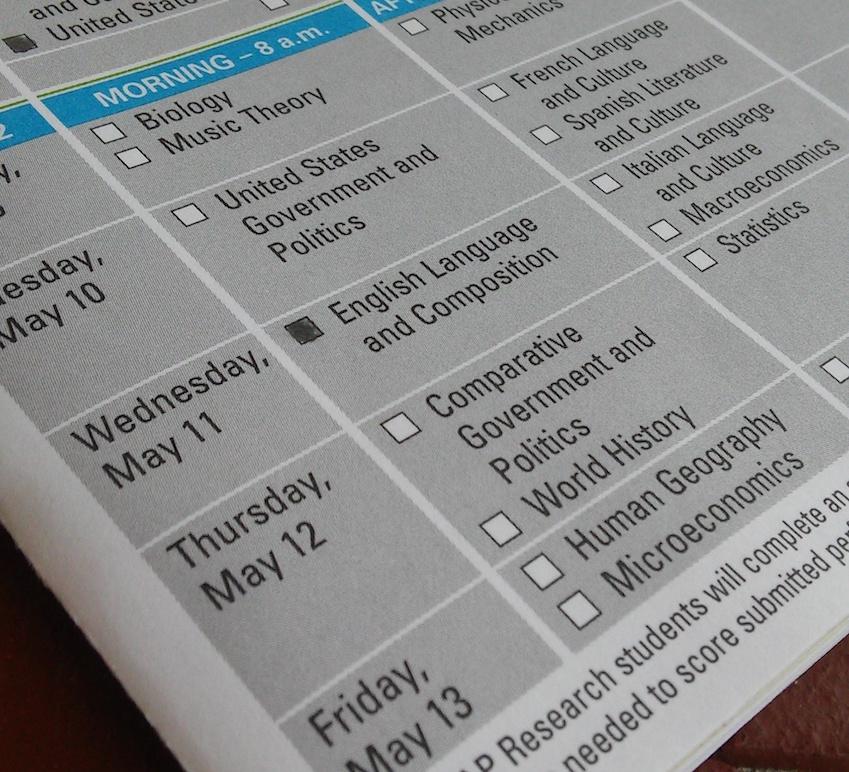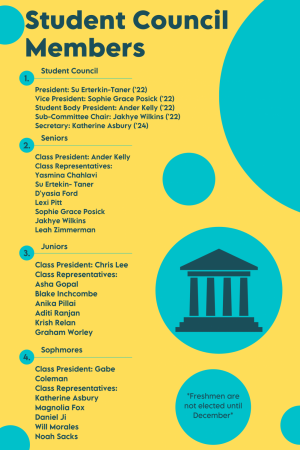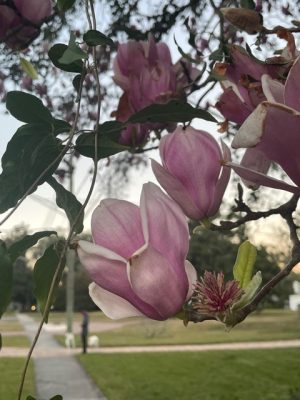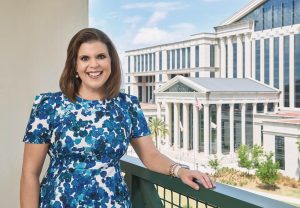AP Kerfuffle
With a longer gap between APs and senior exams, new policies no longer allowed seniors to skip AP classes after the exams.
May 31, 2016
In past years, seniors have enjoyed the privilege of skipping AP classes after AP exams have been administered if the teacher of the AP class allowed it. However, enforcement of school rules by the new administration now makes students remain in AP classes after exams, which created controversy and tension between the seniors and the school administration.
Two students, Connor Cronk (‘16) and Chelsea Reeves (‘16), as well as our Associate Head of School Mr. Hodges, share their perspectives on the situation.
Cronk and Reeves took their complaints to Mr. Hodges. The two students ultimately failed to change his mind, but still feel that the rule is unfair. Cronk said that “In the past, this hasn’t been done”. He calls the days off a “big incentive boost”, similar to getting exempt from an exam.
Students have to attend the same number of periods as previous Senior classes; the days simply fall after the AP exams instead of before. Reeves, however, explained that “Last year they had AP exams, and then everyone’s exams the week after. Now this year, I think the year’s a little longer. So now we have 2 weeks of AP exams, a week of classes, and a week of regular exams. So they think we should come back for that week.”
When Cronk and other students went to the administration to voice their complaints, Cronk said they got an explicit answer from Mr. Hodges: “I want you to go to class so that teachers can do something productive and cool, something that they wouldn’t do during the regular year.” Cronk didn’t mince words when describing how much he and his classmates didn’t want to do that.
From the view of the students, the situation looks like an unfair attack on senior privileges. But members of the administration see the issue from a different point of view. Mr. Hodges explained why he made the decision to keep students in class after APs. “I have to think in terms of Bolles in general, that is my responsibility, looking at what we’ve done in the past, what we plan to do in the future, and what is in the best interest of the school.”
Mr. Hodges said that seniors should “reach out to their teachers and recommend projects that they are excited about”. He said that the majority of AP teachers are planning projects for the final week. Mr. Hodges wants these projects to be student-driven and simulate a college environment, and not be “just another lecture”.
Mr. Blackwell, the senior year AP English teacher, told us that he does not have any projects planned after APs. “We’re gonna watch some good movies” said Mr. Blackwell.”We discuss the movies and some of the ideas that are attached to them.” He also mentioned that the administration had e-mailed him asking if he was planning to do any projects after the AP.
Dr. Bowling, who teaches AP Physics, will have his students build Rube Goldberg machines after the AP. Dr. Bowling described the machine as a “contraption that does a simple task in a complicated way”, and went on to say that “It’s a combination of balls dropping, things rolling, and springs pushing”. Dr. Bowling also said that the project ties in with principles of Physics, such as the transfer of energy.
Mr. Hodges also showed his consideration of the seniors’ point of view. “I recognize that it can be hard when you are the ones affected by this” said Mr. Hodges. He also said that this issue has been “on the radar” of the administration since Fall. Mr. Hodges further pointed out that we usually don’t have an extra week of time in between APs and finals, so they are dealing with an unusual situation this year.
Mr. Hodges specifically pointed out that he has to look at what’s best for Bolles in the long run, not just for the Class of 2016. When describing his high school experience, he said that “I wanted somebody to listen and treat me like an adult. I resented it the most when something came up and I felt like they had just blown me off; that really got under my skin.” He also mentioned that “when I was in high school [I knew] that I was gonna ask for things that my parents or the school just couldn’t do. I got it, but I was still going to ask”.
He explained that the policy of the current administration doesn’t differ from the policy of the previous administration. He said that “Traditionally, you have APs and then jump right into senior exams, but the way the calendar falls, periodically, we have an extra week in between APs and exams”.
Some members of the Class of 2016 may feel like this rule is a personal attack on the Seniors. But the new administration is only trying to handle the situation in the best way they can, and it’s highly doubtful any of our faculty members have ill intentions for our students. Both students and the administration should strive to keep a line of communication open so that both groups can understand each other’s perspectives on situations like this one.







